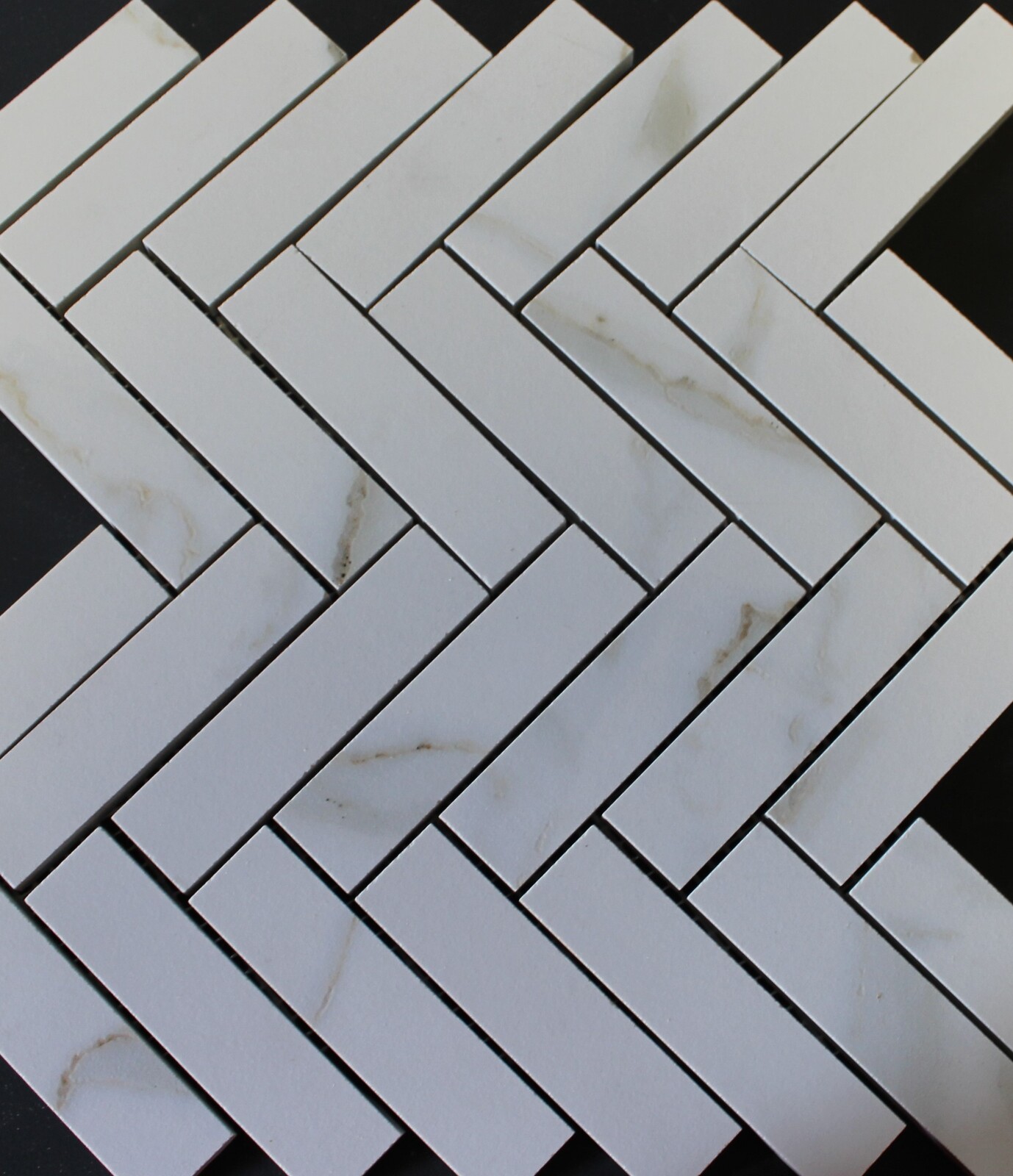
We reference the percentage of recycled goods in a given product or the certification the manufacturer receives for their efforts to minimize the impact their manufacturing has on the environment. Many manufacturers are using various methods to use recycled goods in the production of tile. Note that in some technical specification charts either “pass” or “fail” will be noted under the DCOF heading. Similarly, in entranceways, the use of entrance mats can accomplish the same. In the case of residential bathrooms, the common use of bathmats can accomplish this. Tiles with a lower value are not necessarily restricted to dry areas only, but rather are restricted to applications where they are kept dry when walked upon. As stated by the TCNA (Tile Council of North America) ANSI A137.1-2012 says that “ceramic tiles selected for level interior spaces expected to be walked upon must have a minimum wet DCOF AcuTest value of > 0.42. The newer, consistent method, DCOF (Dynamic Coefficient Of Friction) AcuTest, is much more accurate and has only one value which is a measurement of when the tile is wet. The old method, called SCOF (Static Coefficient of Friction), had a dry value and a wet value where it was suggested that any wet value of >.60 was preferred. Therefore, you may find technical specifications using the old method as they had not been updated. The tile industry is currently transitioning from an old testing method to a newer and improved method. Often referred to as coefficient of friction (COF), it refers to the relative slipperiness of a tile. Please be sure to work with your sales person or contractor to determine if the tile in question has a suitable slip resistance for your exterior application. However, not all products that are suitable for exterior applications are suitable for horizontal (exterior floor) applications due to slip resistance. We will indicate either “Yes” or “No” as to whether the product is suitable for exterior applications or not. If you are considering the use of tile outdoors and you live in a temperate zone where freeze/thaw conditions are present, you must only use those tile products which the manufacturer has tested and approved for freeze/thaw cycles. Commercial applications that are similar to in traffic to a typical residential application.Īll residential and most commercial applications such as the public areas of hotels, restaurants, supermarkets and schools.Īll residential and commercial applications such as airports, shopping malls and other heavily trafficked public spaces. Residential interiors with the exception of kitchens, stairs, landings and areas near external entries.Īll residential areas.

All tiles are independently tested for their durability/abrasion resistance in accordance with testing procedures developed by ASTM (American Standard Testing and Materials). It’s a scale of 0 – 5 that suggest what floor applications (if any) that the tile is appropriate for. This is the durability rating (sometimes called the “Abrasion Resistance” rating).


 0 kommentar(er)
0 kommentar(er)
